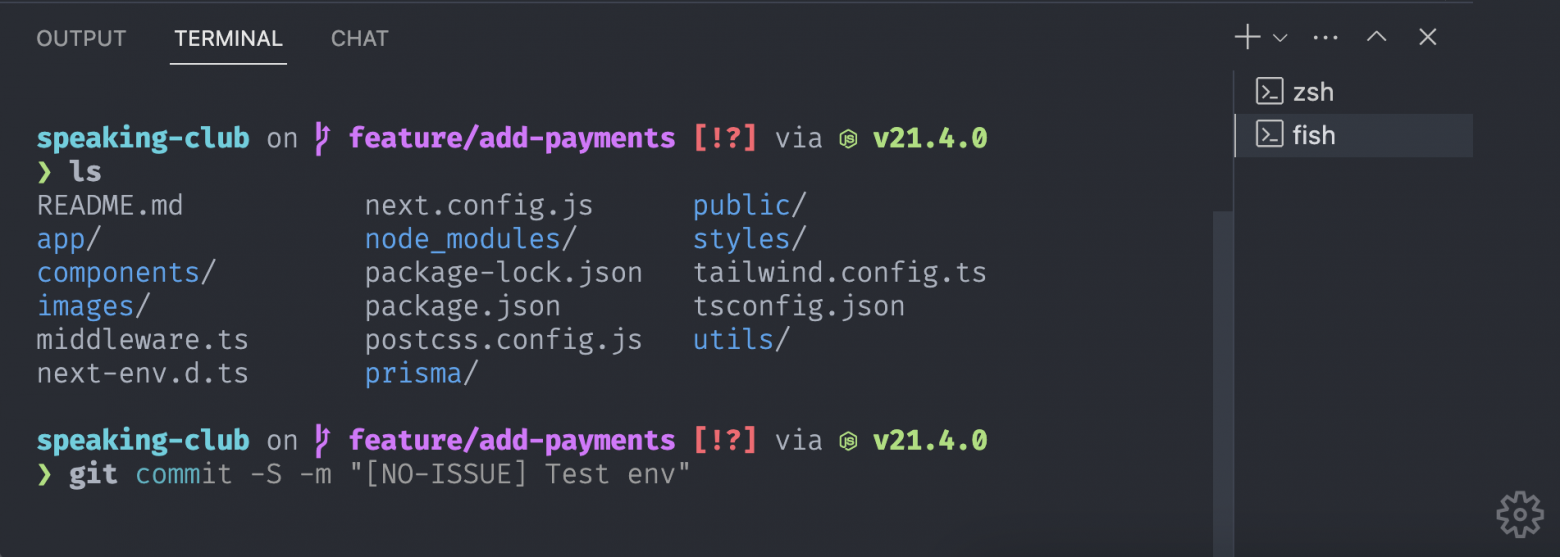
Training is one of the most essential factors for growth, evolution and effective collaboration for any UX design team. Design is an ever-changing industry, and there is always something new to learn even for the most experienced professionals. The reality is, not all companies take training seriously, whether the reason is a low budget, lack of time or just not realising its necessity. Meanwhile, investing in training not only boosts the quality of work, but also helps find ways to find easier solutions, work faster and optimize the whole process. Let’s discuss some tips that might help you provide effective and fruitful training for your design team without spending extra budget or wasting time on some questionable training methods.














